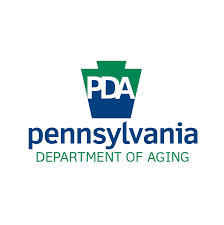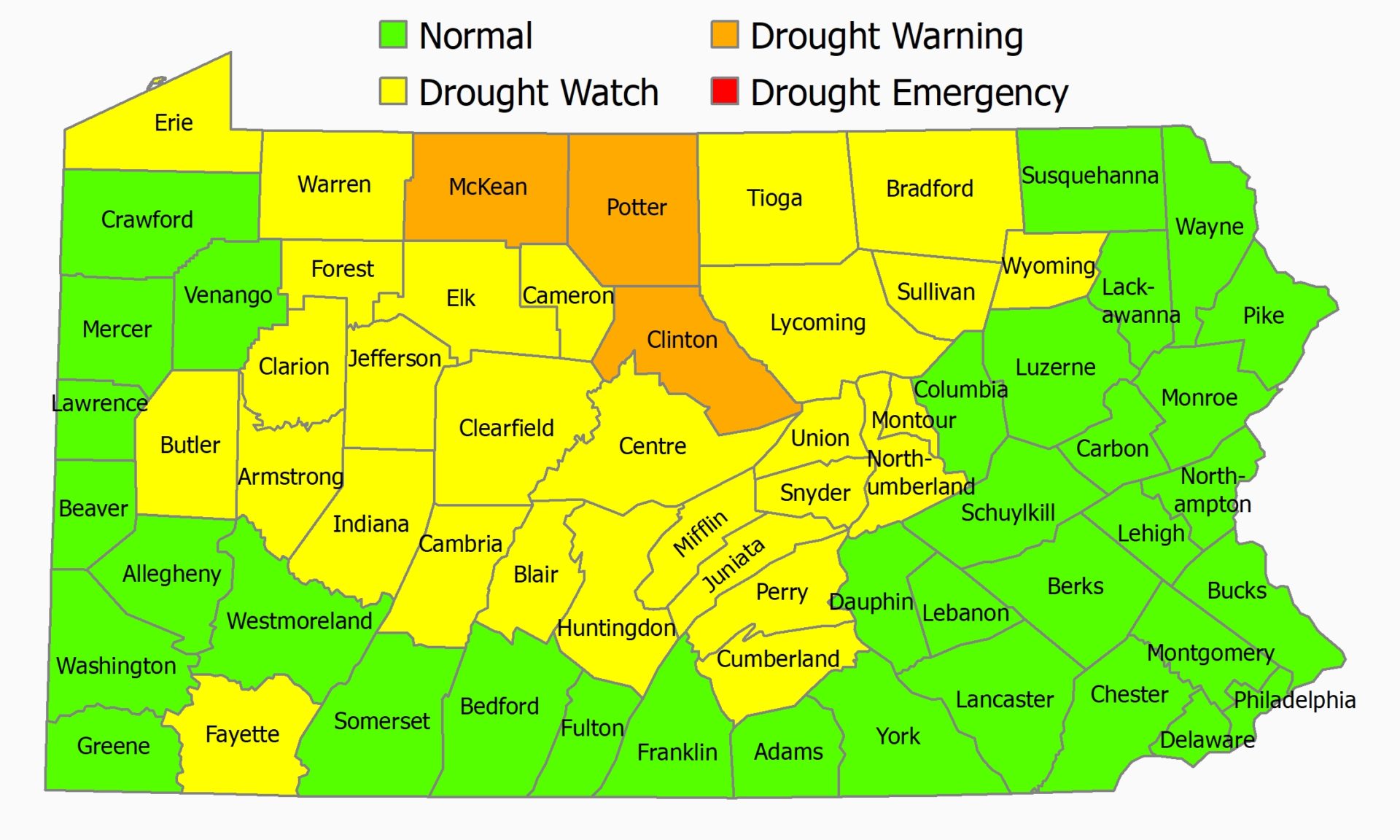HARRISBURG, PA – Today, Karl Blischke, Executive Director of the Pennsylvania Council on the Arts (PCA), announced the launch of the Creative Business Loan Fund, in partnership with Bridgeway Capital and the Community First Fund. The fund will make available $2.2 million in the form of affordable, flexible financing to small, creative businesses across the commonwealth.
The fund will prioritize creative businesses located in low-income communities, those owned by Black, Indigenous and people of color (BIPOC) or serving a diverse market, and those located in small towns and rural communities. Under the program’s definition, creative businesses include craft manufacturers, arts schools, architecture, design and fabrication firms, media companies, and visual and performing arts production agencies.
“Economic impact research persuasively demonstrates how creative businesses are important drivers of employment and economic vibrancy,” said Blischke. “These businesses invaluably contribute to the livability, employment, and vitality of our commonwealth. Across Pennsylvania alone, arts and cultural economic activity contributed $25.8 billion to the state’s economy and 176,000 jobs, in 2017. Creative for-profit businesses, such as those eligible for the loan fund, add to this economic activity and, if supported, are positioned to play a critical role in helping the commonwealth’s cities and towns recover from the devastating effects of the pandemic.”
Eligible loan uses will include working capital; equipment purchases; renovations to retail, production, or office space; and, in limited cases, building acquisitions. Loan amounts will vary, ranging from a few thousand dollars to an average loan size of $75,000, though Bridgeway and Community First will consider requests up to $250,000.
“With the PA Council on the Arts’ investment, Bridgeway’s Creative Business Accelerator will channel more flexible and patient capital into the arts and cultural ecosystem to help it maximize a recovery economy,” says T.J. Bogdewic, President and CEO, Bridgeway Capital.
“We greatly appreciate the efforts of the Pennsylvania Council on the Arts and their support of creative businesses. Community First Fund has served many arts-focused businesses that play important roles in enhancing our communities, said Daniel Betancourt, President and CEO of Community First Fund. “This partnership will increase our capacity to provide these clients with loans and technical assistance.”
The fund will be supported with small business technical assistance provided by Bridgeway and Community First, each holding responsibility for deploying 50 percent of the total available loan capital. Both Bridgeway Capital and the Community First Fund are nonprofit community development financial institutions (CDFIs) with track records of making investments that benefit low-income individuals and communities in Pennsylvania. CDFIs are community institutions certified by the U.S. Treasury that provide financial products and services to their communities. CDFIs provide services beyond those typically offered by conventional lenders, including community outreach programs, business resources, and financial counseling.
The mission of Bridgeway Capital is to make western Pennsylvania a thriving region for all by promoting economic opportunity and community revitalization. Bridgeway assists underserved populations by providing capital and education to ignite business and job growth, to develop communities, to support entrepreneurs, and to expand vital services that strengthen their region. Bridgeway serves the western Pennsylvania population from its headquarters in Pittsburgh and satellite offices in Erie and Uniontown.
The mission of the Community First Fund is to create sustainable prosperity for low wealth communities and individuals, especially people of color and women, by aligning capital, knowledge, and advocacy to advance business ownership, housing, and community development. Community First serves the eastern Pennsylvania population with its headquarters in Lancaster and satellite offices in York, Harrisburg, Reading, Allentown, and Philadelphia.
The Pennsylvania Council on the Arts is a state agency under the Office of the Governor. Governed by a council of 15 citizen members appointed by the governor, and four legislative members, the mission of the PCA is to strengthen the cultural, educational, and economic vitality of Pennsylvania’s communities through the arts. By leveraging the immense potential of Pennsylvania’s arts and cultural sector, the PCA supports jobs, builds community, motivates learning, promotes the commonwealth nationally and internationally, and sparks innovation.











